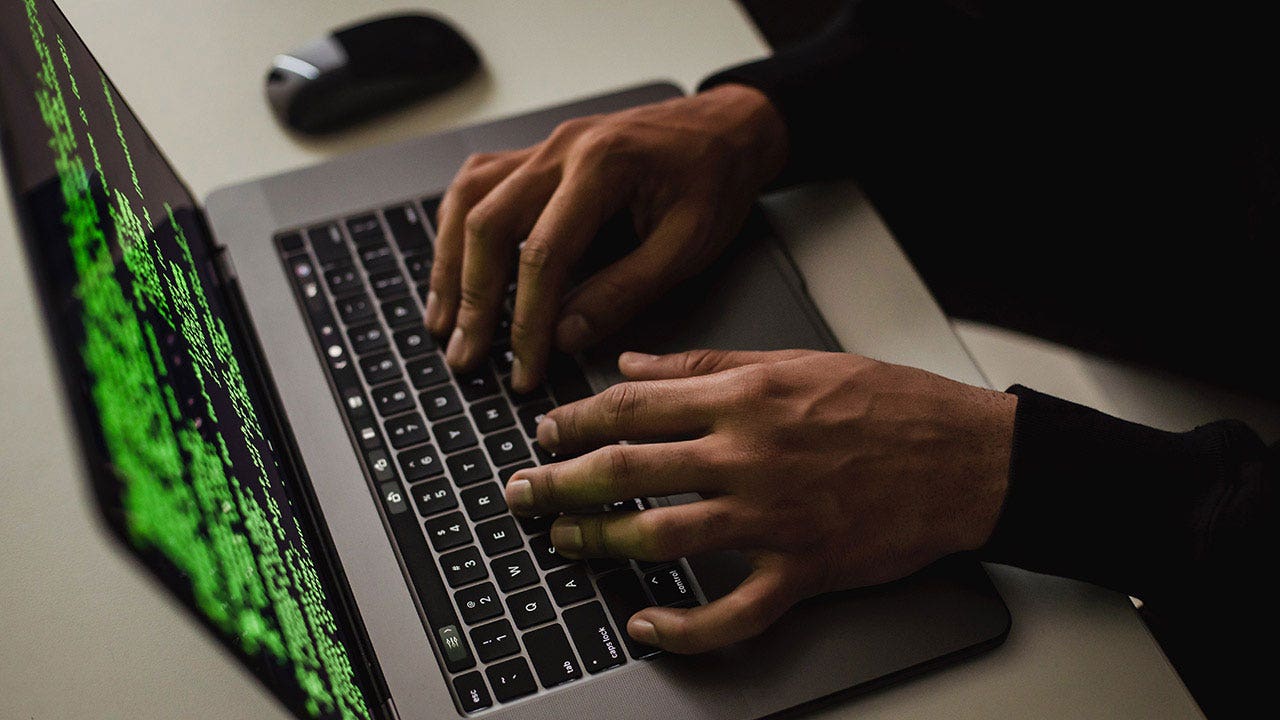
If malware and viruses weren’t enough of a worry, every day people continue to be attacked by ransomware, software designed to block access to networks, systems and files, usually in the form of email or infected applications, until A sum of money, usually around $300 or so. Typically, the ransom note contains a blackmail threat.
Here are the dos and don’ts for staying away from ransomware.
(Fox News, Archives)
Two ransomware gangs have recently gone viral, targeting public company CEOs and telehealth employees.
Evidence
First discovered in August this year, Venus is a ransomware group targeting healthcare organizations reported by the U.S. Department of Health and Human Services.
However, after reportedly having some trouble getting paid, Venus has moved on to For CEOs of listed companies, Frame them for insider trading by carefully manipulating their emails and turning them into incriminating information.
For the meek and the strong
Meanwhile, another ransomware group called CLOP continues to target healthcare professionals, sending them Malware masquerading as ultrasound images or medical documents.
CLOP has gone even further, this time blackmailing customers of ransomware victims, urging them to tell them to pay or their personal information will be leaked to the dark webThe report revealed that members of CLOP were members of a long-standing malware group called TA505, known for frequently changing its malware and impact trends.
How can I protect myself from malware?
How to deal with ransomware
Unfortunately, it’s not just the rich and powerful who find themselves saddled with ransomware. Sadly, it can happen to any of us. If you find yourself being told to “pay or else,” fear not, because chances are, you probably won’t have to pay a dime.
Determine what kind of ransomware you have
‘Weapon of choice’: Americans wary of tech-savvy criminals using tracking devices to stalk, steal

Ransomware comes in many different forms.
(Fox News, Archives)
fake ransomware
If you received a ransom note but gained access to your files and applications, then you probably haven’t been hit by real ransomware and have nothing to worry about. However, it’s best to force-quit all programs, restart your computer, and run any antivirus software.
lock screen ransomware
Screen lock ransomware comes when you can’t get past the ransom note, or if you get a notification from the police, IRS, or FBI claiming that you owe them money. As long as you follow these steps, screen lock ransomware isn’t as bad as it thinks.
- Go offline before the ransomware spreads and disconnect your machine from any external hard drives or other devices
- Take screenshots or photos of the ransom note to provide to the police
- Restart your computer in “Safe Mode” and it will restart and run your antivirus software.
Crypto-ransomware
If you’re having trouble accessing any files or downloading, chances are you’ve been hit by crypto-ransomware, which can cause even more serious problems. If this happens, follow the steps above to treat it as screen lock ransomware, then:
- See if you can open or recover any files that you couldn’t open before
- use a program like Crypto Sheriff Try to determine what kind of ransomware you are dealing with.
- Run any decryption tools you may have
Restore all files from the most recent backup.
TIKTOK is Chinese ‘malware’ corrupting America’s youth: Douglas Murray
How to Avoid Ransomware
In general, some common sense will protect you from ransomware more than anything else, as the best ways to avoid becoming a victim are to:
- Do not open links from email addresses you do not recognize
- Do not download any attachments from unfamiliar emails
- Do not agree to enable macros when asked
- Backup all important files on a flash drive or external hard drive
- Update your software regularly
- Invest in good antivirus software such as Total AV, our top-recommended antivirus protection for 2022 for PC, Mac, Android, and iPhone. You can read my best antivirus reviews for top protection for your device by searching for “best antivirus” on CyberGuy.com.
As ‘Ban TIKTOK’ calls grow louder, Twitter arms: ‘Trump is right’
Should I pay the ransom?
In fact, this is a rather difficult problem.
If the ransom note appears to be fake, or you have received screen lock software, most will reject it as they can easily be flagged as flimsy scams.
However, for encrypted files, the situation may be slightly more complicated. Scammers will most likely discover the documents after payment. However, this is by no means a guarantee. Even if the ransom amount won’t get you into financial trouble, you can still help the hackers by paying the ransom. Most tech companies, not to mention law enforcement, strongly advise against paying.
Be sure to pass this message on to any seniors you love, and keep an eye out for other scams that are on the rise.
Be sure to subscribe to the CyberGuy Report newsletter at CyberGuy.com/Newsletter for such security alerts.
Click here for the Fox News app
Copyright 2023 CyberGuy.com. all rights reserved. CyberGuy.com articles and content may contain affiliate links that earn commissions on purchases made.







